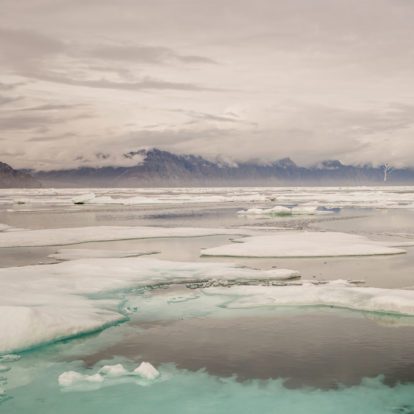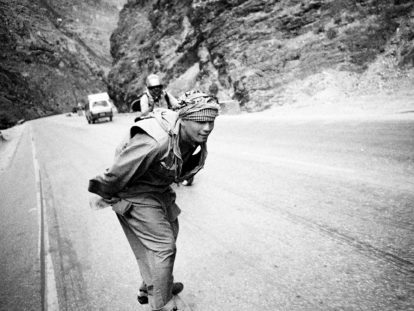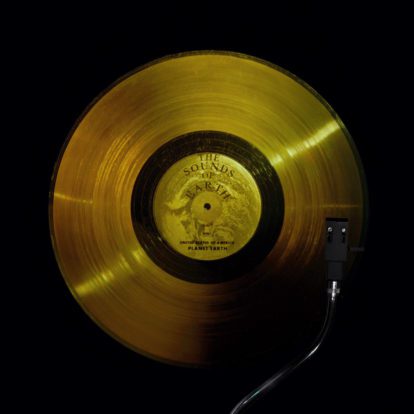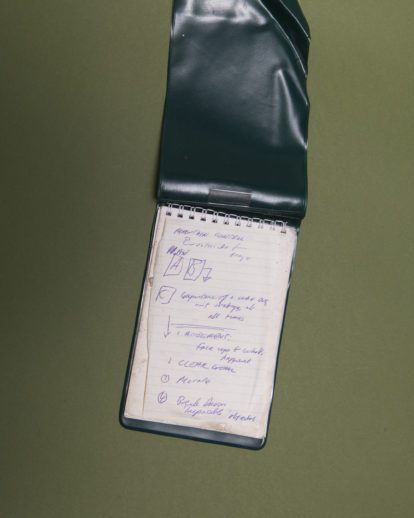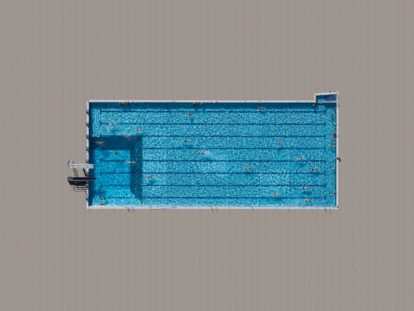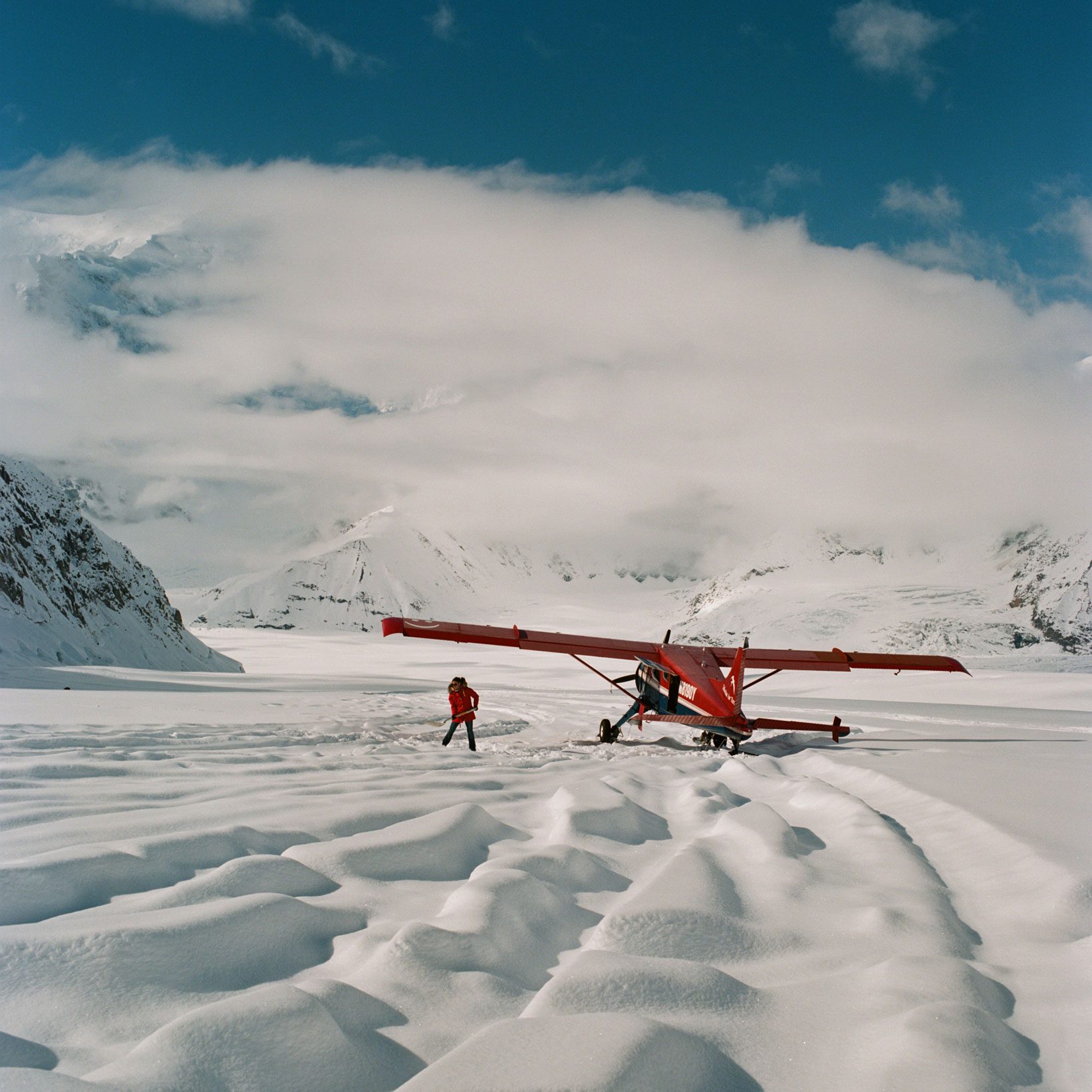When, on 26th January 2006, John Reid announced to a packed House of Commons that the UK government would be deploying their armed forces to join the expanding NATO mission to southern Afghanistan – I was already there. In fact, I had been in Lashkar Gah, the capital city of Helmand Province, for the previous two months working alongside a small US army civil affairs team as a set of ‘eyes and ears’ forward – carrying out an ‘information campaign’ prior to the UK troop arrival.
What soon became evident was that we knew next to nothing about the fundamentals facing that deployment: the terrain of Helmand, the Pashtun culture and Pashtunwali code, the tribal system, the power brokers, who we should do business with, the strength and threat from the Taliban, how we should equip ourselves and the political messaging. The list of ‘unknowns’ seemed almost endless.
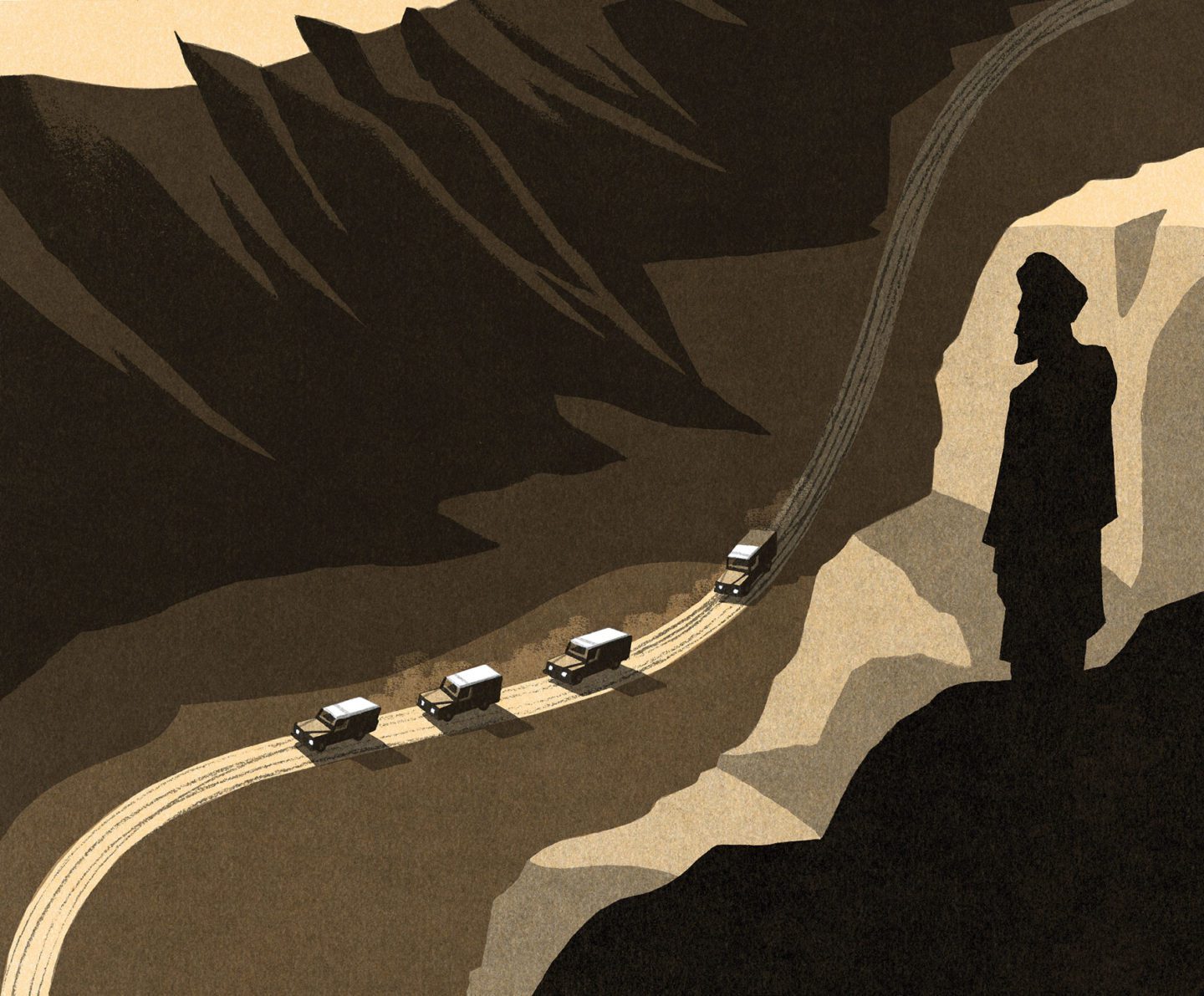
The task ahead of me seemed clear. Over four months I had to travel to every corner of the 13 districts that make up the province of Helmand and deliver a message. I had to gather together those who held power: the district chiefs, the tribal elders, the mullahs, the chief of police and explain to them why the UK were coming, what they were arriving with, how they were planning to use it and why this would make a difference to their livelihood. And in doing that, maybe, I could also gather some answers to address the significant gaps in our own knowledge.
To do this I had to travel in Land Rovers over hundreds of miles of desert and gravel plains, stay overnight in wadis under the stars, reach all the district centres, deliver my message, listen, debate and then live to tell the tale and report back my findings. The prospect of surviving that was at the same time both exhilarating and perturbing.
Helmand at the time I was there was a very different place to that which it was by the summer of 2006, when British forces were on the ground – locked in ferocious battle with a determined enemy. The arena I entered was far less violent but characterised by huge uncertainty and so, to survive, I had to take a number of obvious precautions to at least lessen the danger. I was allocated 15 soldiers as a defensive force who were well armed, trained as combat medics and able to call for air support if we got into trouble. The vehicles we travelled in were less than appropriate for the task. We were allocated four protected Land Rovers that were originally designed for the tarmac roads of Belfast, far from ideal – especially over the terrain we were crossing. On the other hand, the threat from the Taliban at the time seemed benign; there were no incidents of roadside bombs and ambushes, and my small group posed no threat.
I felt I could aid my survivability with an understanding of the cultural aspects of the people of Helmand.
Henry Worsley
However, the more subtle area that I felt would aid my survivability was an understanding of the cultural aspects of the people of Helmand. With the time available I was only able to skim the surface but it was so important to me to understand the dynamics at play in each district. Without an understanding of who held power in each of them, I was liable to easily offend. So I relied on my Afghan interpreter to give me a crash course in the forces at play as we entered each district centre to deliver my message.
How I communicated was also of great importance. Whilst I did not speak the language, I had translated the first couple of minutes of my presentation into Pashtu, which I invariably delivered to an amazed audience. It broke the ice and I at least had those grey-bearded elders laughing uncontrollably for a short while. Demonstrating respect for the Pashtu customs, even a basic understanding of Islam, helped and demonstrated that at least the foreigner was prepared to listen.
Looking back on my time in Helmand and what we know now, I am often amazed I got away so lightly, even then. Surviving in Afghanistan was as much about an empathy with the people and their culture as it was about troop numbers and firepower.
